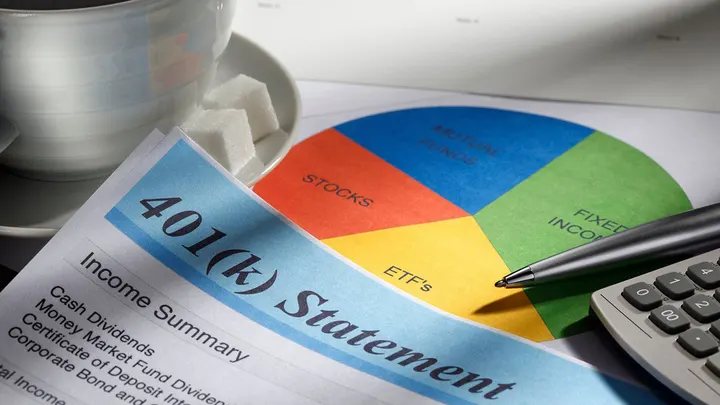
Rather than work until they retire permanently decades from now, a growing number of young adults in America are opting for “microretirements,” where they take extended breaks from work to relax or travel in the short term.
As the Wall Street Journal reported on Tuesday, some workers in their 20s and 30s are deciding to take extended vacations at their current age, rather than wait until they’ve saved up for retirement later in life. Though proponents say it’s worth it, they might be ending up with $600,000 less at the traditional retirement age.
The outlet described these individuals as “borrowing years of freedom from their future selves to enjoy some of their retirement while they are still young.”
Though a few workers have committed to the microretirement lifestyle, more and more young people say they are open to the idea of taking extended breaks from work to volunteer or focus on “personal projects,” WSJ noted, citing data from Handshake, a job database for college students.
The database reported that “nearly 80% of recent college graduates” like the idea.
The Journal spoke to 31-year-old Dana Saperstein about the microretirement lifestyle. Saperstein quit her marketing job so she could hike the Pacific Crest Trail for six months.
“If I keep working myself to the bone until 60 years old, I might physically never be able to hike the 2,650-mile Mexico-to-Canada trail,” she told the outlet.
The outlet cited Financial Finesse’s Julie Everett, who noted the total retirement funds sacrificed by a 30-year-old making $90k a year and putting 15% into a 401(k) who decided to take several microretirements.
“If they take off a year once a decade and return to the workforce at the same salary they had when they left, their investment balance at age 65 could be about $600,000 less compared with someone who had kept working,” he said.
The outlet cited financial experts who advised that people considering career breaks should have their debts paid off. They should also have money saved to cover the time they may need to find a job after their breaks.
























